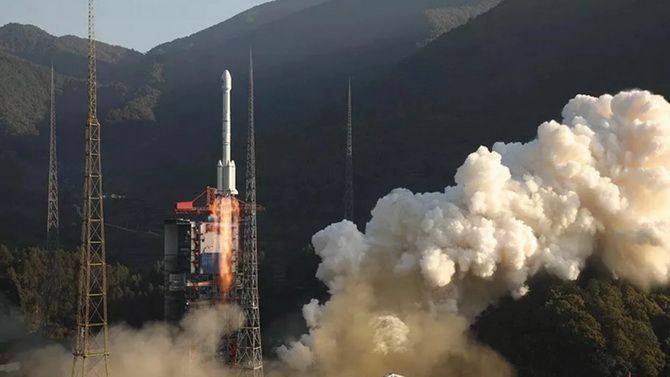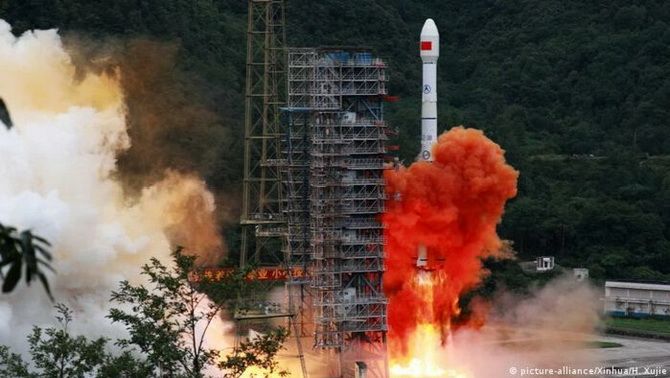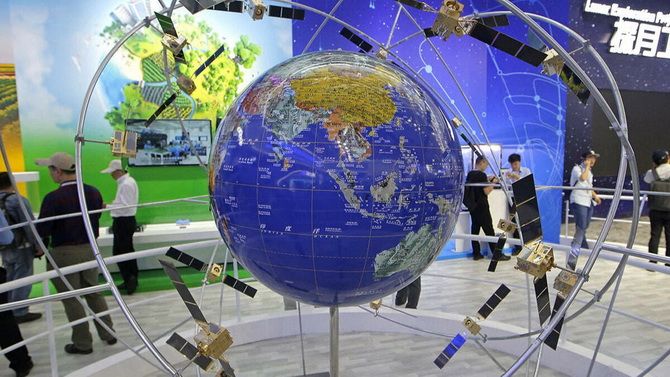The idea for the development of Beidou, or Ursa Major in Chinese, originated in the 1990s as the military sought to reduce reliance on the Global Positioning System (GPS) operated by the US Air Force.

When the first Beidou satellites were launched in 2000, coverage was limited to China. As the use of mobile devices increased, China attempted to join the Galileo satellite navigation project proposed by the European Union in 2003, but later abandoned it to focus on Beidou.

In the iPhone era, the second generation of Beidou satellites began operating in 2012, covering the Asia-Pacific region. China began deploying third-generation satellites aimed at global coverage in 2015.

The 35th and final Beidou-3 satellite will be launched this month – a date yet to be announced – meaning there are more satellites in the Beidou system than GPS’s 31 and more than Galileo.








Only registered users can leave comments